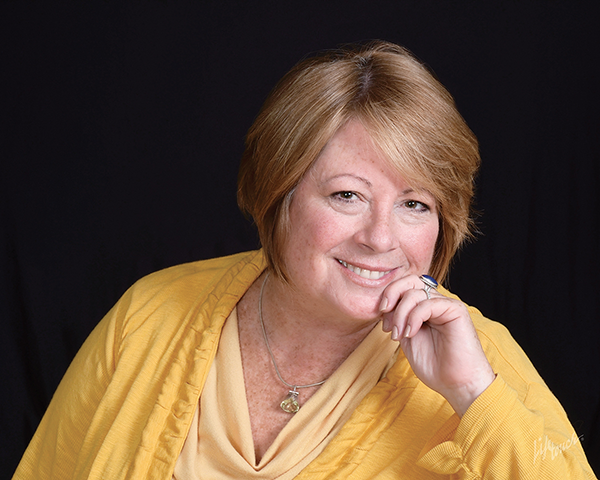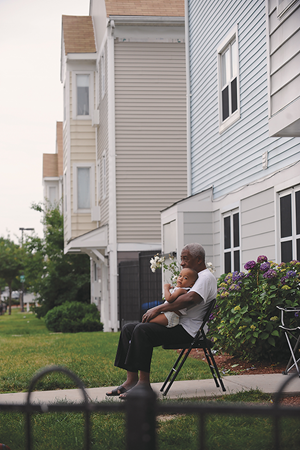Karen Keating Ansara on the Benefits of Recoverable Grants
TBF News Winter 2023
Karen Keating Ansara and husband Jim Ansara have focused much of their grantmaking through the Ansara Family Fund at TBF on addressing the root causes of global poverty. Four years after establishing their Donor Advised Fund (DAF), Karen and TBF co-founded a fund to help with humanitarian relief after the horrific earthquake in Haiti in 2010. That fund grew into today’s Haiti Development Institute, which was incubated at TBF. Karen also founded Network of Engaged International Donors (NEID) and serves on numerous boards and supports initiatives that strengthen Greater Boston.
THE BOSTON FOUNDATION: You’ve been making Recoverable Grants through your Donor Advised Fund (DAF) for years now.
KAREN KEATING ANSARA: I’m a big fan of TBF and its flexibility in allowing me to make Recoverable Grants over the last 10 years or so and I'm very excited about its new Recoverable Grants Portfolio. Just today, I authorized a $250,000 investment in the housing fund and $250,000 in the BIPOC and I’m considering another 500,000 in the near future.
TBF: Why do Recoverable Grants appeal to donors?
KKA: It means that we can move so much more of our money toward objectives that we really care about, but we don't necessarily have to count it as part of our grantmaking budget. This means that we can extend our grantmaking budget enormously. Another way to think about it is this: As a donor, let’s say you have $100,000 in your DAF. If it is traditionally invested, you’ll earn about 5% in annual interest. That means that you're making $5,000 a year and you’re growing your portfolio by that much. But if you grant it out as a $100,000 Recoverable Grant, you're only losing that $5,000 a year in interest because you’ll get the rest of the money back in six years. So, it allows you to put far more money to work in our communities.
TBF: Why do nonprofits like them?
KKA: For most grantees, it’s a great way of accessing bridge funding. For instance, we granted $150,000 about eight years ago to an affordable housing organization on the North Shore called Harborlight Community Partners. It’s a very stable organization, but they have to spend a lot of upfront money designing affordable housing projects and lobbying a local zoning board to get it approved and so on. So, that's what we give them and we ask them to pay us back in a year. Otherwise they would have to borrow money from the bank as working capital and pay interest on it.
TBF: What if you don’t get your money back?
KKA: It’s only happened once. We lost $40,000, but we just treated like a grant, so it was still a benefit to us as donors. If you think of it that way, you’re protected from any disappointment over the outcome.
What’s exciting to me about TBF’s Recoverable Grants Portfolio is that I don't have the bandwidth right now to research ways to invest in BIPOC-owned businesses in Greater Boston, but I really want to support them because I think they're an engine for growth and equity. It’s the same with the housing. I’ve been working with an affordable housing group for about 10 years, but I don't have the bandwidth to explore other affordable housing initiatives. And I know the Boston Foundation can do this for me. There's no better entity to do this; they are pioneers in this work.


